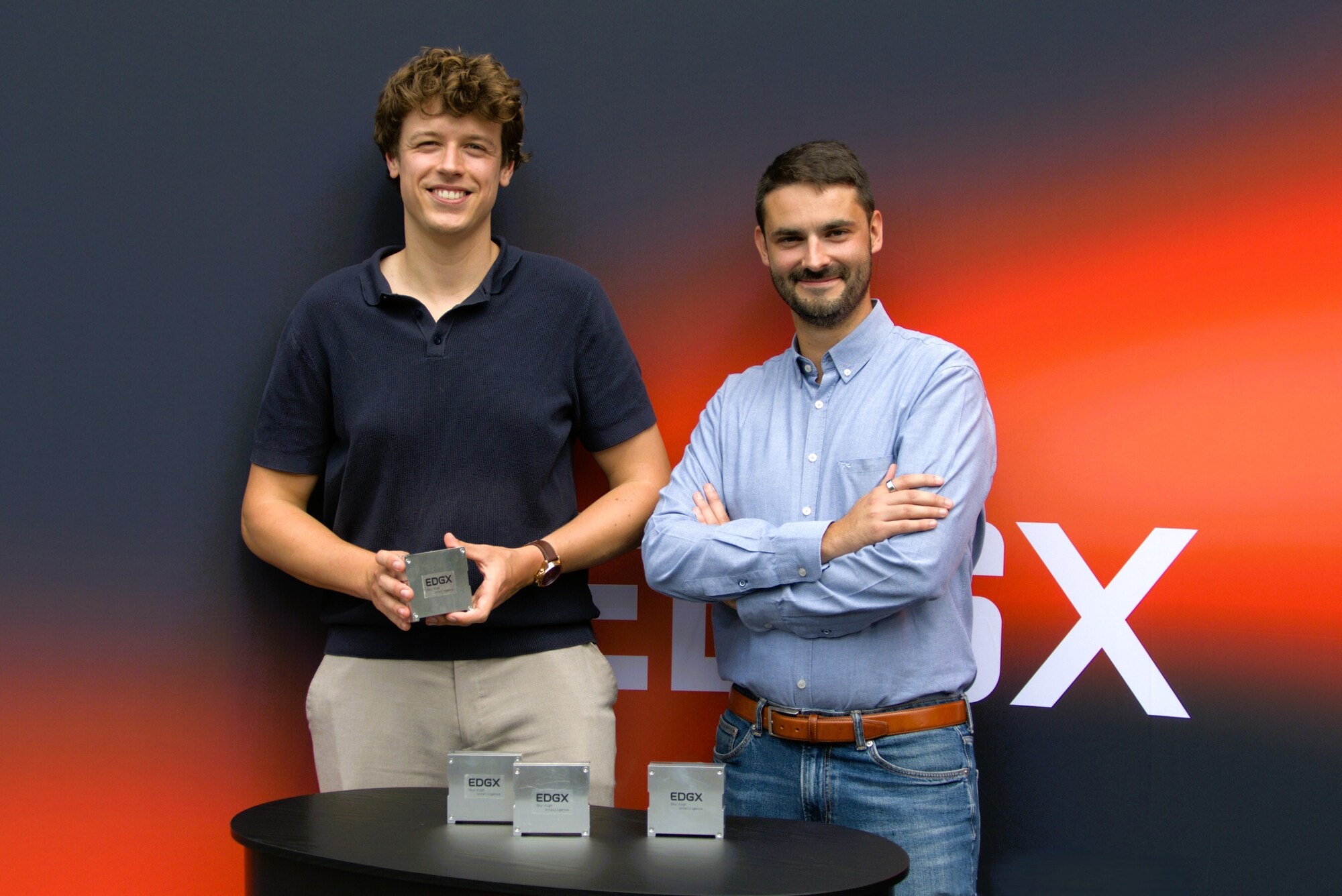EDGX Secures €2.3M to Enhance Satellite AI Computing

EDGX has closed a €2.3 million seed funding round to accelerate the commercialization of its next-generation edge AI computer for satellites, the EDGX Sterna. Announced in a press release, the funding will fast-track the company's mission to deliver high-performance AI-powered edge computing for satellite constellations, enabling efficient data processing directly in orbit.
The funding round was co-led by the imec.istart future fund, with participation from the Flanders Future Tech Fund, managed by the Flemish investment company PMV. EDGX has also secured additional funding from existing investor imec.istart, Europe's top-ranked university-affiliated accelerator.
The EDGX Sterna Computer, powered by NVIDIA technology, is designed to run complex algorithms in orbit, eliminating the need to send large datasets back to Earth for processing. This advancement allows satellite operators to provide faster and more efficient data-driven services. The Sterna computer is equipped with the SpaceFeather software stack, which includes a space-hardened Linux OS and a dedicated supervisory system for autonomous health monitoring and fault recovery.
EDGX has also announced a multi-unit deal with a satellite operator worth €1.1 million and plans for an in-orbit demonstration on a SpaceX Falcon 9 mission in February 2026.
We hope you enjoyed this article.
Consider subscribing to one of our newsletters like AI Funding Brief or Daily AI Brief.
Also, consider following us on social media:
More from: Funding
Subscribe to AI Funding Brief
Whitepaper
Stanford HAI’s 2025 AI Index Reveals Record Growth in AI Capabilities, Investment, and Regulation
The 2025 AI Index by Stanford HAI provides a comprehensive overview of the global state of artificial intelligence, highlighting significant advancements in AI capabilities, investment, and regulation. The report details improvements in AI performance, increased adoption in various sectors, and the growing global optimism towards AI, despite ongoing challenges in reasoning and trust. It serves as a critical resource for policymakers, researchers, and industry leaders to understand AI's rapid evolution and its implications.
Read more
